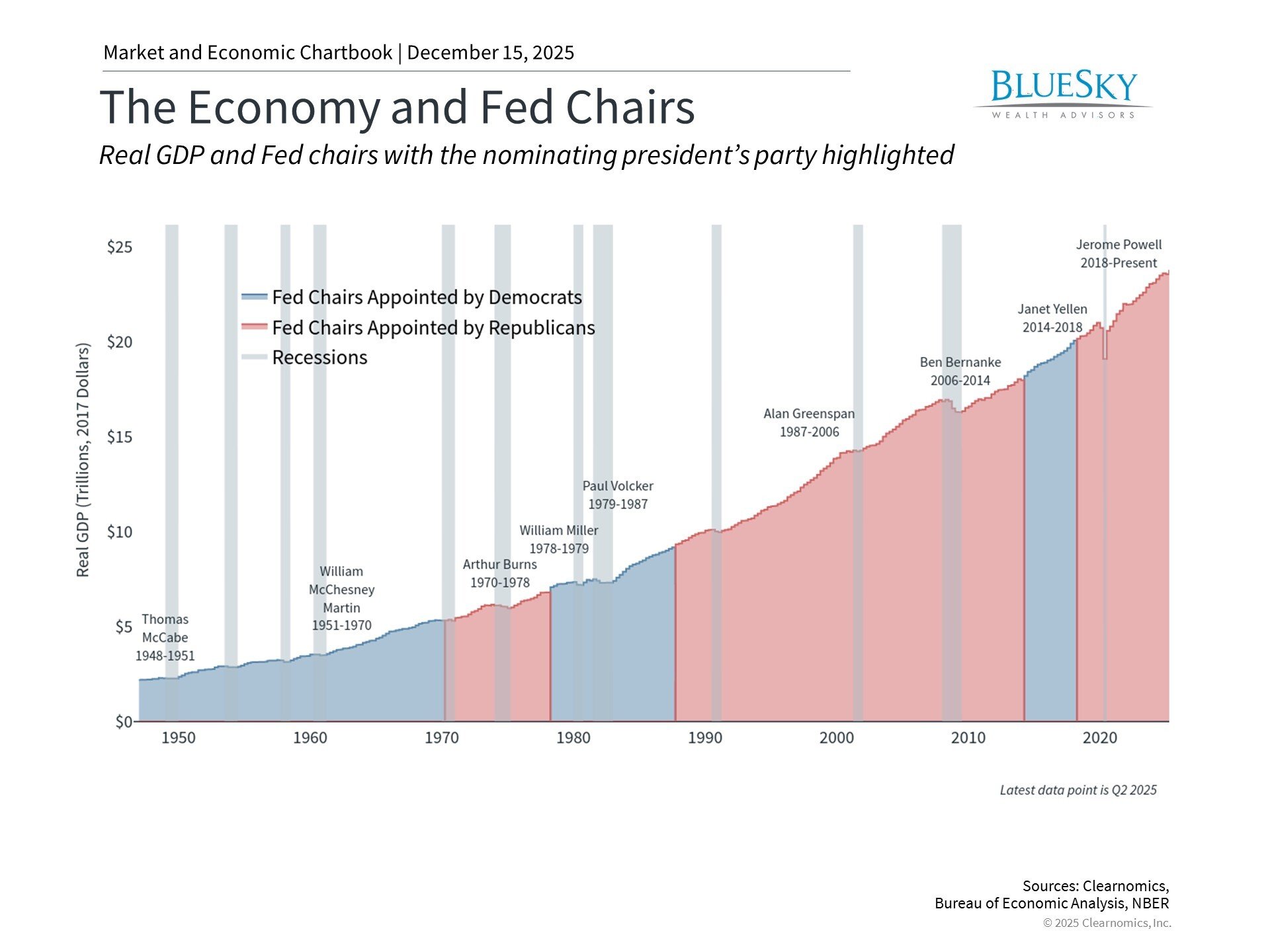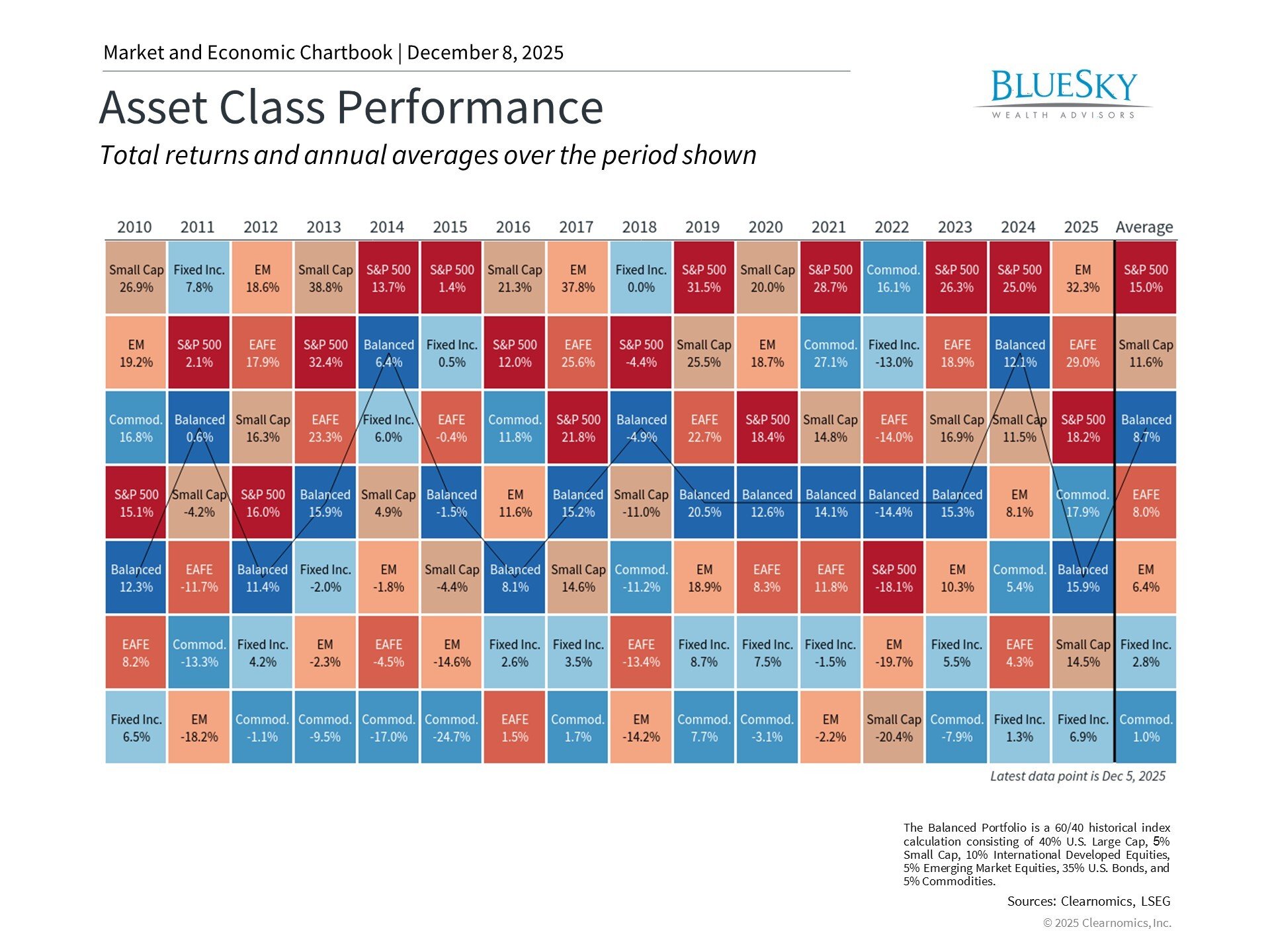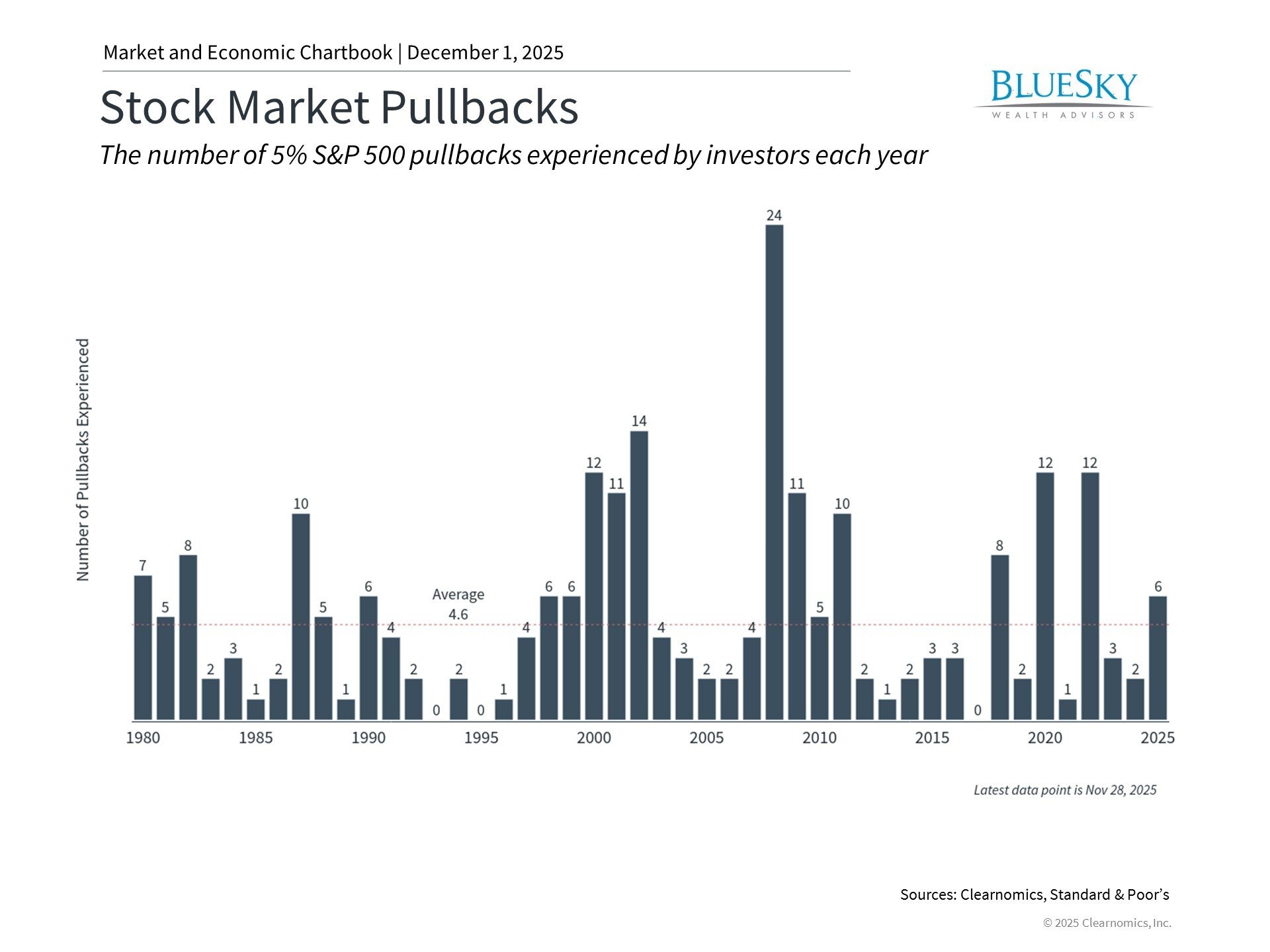
MARKET UPDATE AS THE CORONAVIRUS CONTINUES ON
MARKET UPDATE AS THE CORONAVIRUS CONTINUES ON

March 17th will mark the 5-month reign of the Coronavirus. As the battle continues, with only projections of growth in the near future, David Blain, CEO of BlueSky Wealth Advisors, brings us his second update from BlueSky’s continuous monitoring of the virus’s impact. Please click here for the full video, or see the transcript below. To see his first update, click here.
“Hello, everyone. This is David Blain coming to you with a market and coronavirus update. First of all, I wanted to make sure that we start off by wishing everyone the best of health. I hope that so far none of you listening to this video, none of our clients, families, friends have been affected by the coronavirus. That’s the first thing I wanted to do was just say we’re thinking about you. Hopefully, everyone is staying safe. Along those lines, many of you may not know, but I’m actually the vice-chairman of the CarolinaEast Health System. It’s a large health system in North Carolina, and so I’ve been attending several briefings, board meetings, and other things related to this health crisis, and I just wanted to pass along a few of those things. Washing your hands, staying away if you’re sick, staying home, all those typical things that you’ve heard everywhere, I hope that you’re able to practice those.
The thing I kind of wanted to mention today was that for most people, this particular virus is not deadly. For certain people at risk, it is. The biggest risk involved is it overwhelming the healthcare system. So while I’m not a medical doctor, I am involved in healthcare. So, I just wanted to pass along a few things to you. Number one is, if you are feeling sick, please call your doctor. Do not just show up to the emergency room or your doctor’s office. If you call in and let them know that you have symptoms, they’ll walk you through it.
Most places are ramping up their telemedicine capability, and if you do need treatment, I know in a lot of places the health departments are equipped to come out and visit you, bring a test to your location. Or if you do have to come in, typically they’re meeting patients by a side door or a special entrance set up to accommodate someone with this type of illness. So, I just wanted to pass that along. If you can, call ahead. Let them know that you may be experiencing symptoms, and then they’ll guide you as to what to do. That’s the most significant risk of this, is that we overwhelm our health systems with people that don’t need to be hospitalized.
Number two, I wanted to, of course, talk about what’s going on in the markets today. Thursday, March the 12th, was another really big down day. Markets declining 7%, 8%. It’s been an awful week. We’re fully into the bear market territory. A lot of this is based on uncertainty. People don’t know what to make of the coronavirus. They don’t know what to make of travel bans. They don’t know what to make of canceled NCAA basketball tournaments, the NHL. I’m a big hockey fan. The NHL season, getting ready for playoffs, has been canceled. NBA canceled. My kid’s soccer league just sent me a text; everything is canceled. So, people are really uncertain as to what is going on, what the impacts of this are, and that’s what’s causing a bit of a panic.
Just to kind of refresh everybody, what is the stock market? When you invest in the stock market, you own a piece of the company. If you have invested one, say Apple, you own a part of that company. If you’re a client of BlueSky, we don’t recommend individual companies. Thank goodness. Hate to be if you were invested directly in Disney, or a cruise line, or an airline, or even the tech companies are getting pretty good at shellacking right now. Anyway, so if you own an ETF or mutual fund like we recommend, you are a part-owner of literally thousands of companies here in the United States and around the world. The reason you invest in those companies is that they all make a product or sell a service or something, and they sell it to the public, and the hope is that they can run the company well, and the people want their product or service. Then you as the shareholder, make a return on that. Your return comes in two forms.
Number one is the dividends the company makes: A, actual cash that’s paid out to you, typically quarterly based on the earnings. Although it’s not directly tied to the profits, the board of directors votes, and they declare a dividend. They’ll say, “Oh, we’re going to pay a dollar a share, or 50 cents a share, or something like that.” So even when a company loses money, the board of directors can still pay out a dividend. This happens all the time. In severe recessions or severe economic declines, yes, that the board of directors of that company may elect to suspend or reduce the dividend. So there is a risk of that, but that’s still the first way that you make money is the dividend payments. They’re not going to stop just because of one bad quarter. Most companies are going to have a reserve—your larger companies.
The second way that you make money investing in stocks is as the company makes money over a number of years, the value of that company goes up. The earning potential of that company as it grows, the price of that company becomes more valuable, and the share price goes up, and presumably, at some point, if you need to, you sell it, and you reap that higher price. Historically, the majority of the return is going to come from the dividend return. The growth and the share price is an essential component of it, but it’s generally tied to the growth of the economy and inflation. So if you take the average growth of the economy, which is somewhere around 1.5%, maybe 2% for a mature economy, and then you add inflation, a couple of percentage for inflation, that is the growth that you’re going to get. Plus, some dividend yield. That’s how you compute an average stock return.
The past decade we’ve had unusually high stock returns. That’s after the prior decade was unusually low, but that’s how you make money investing in stocks. The dividends, and then the appreciation in the price. So what’s happening right now is people instead of focusing on Apple making money over the next five or ten years, or American Airlines continuing to be in business five or ten years from now, people are looking at what’s happening next month? What’s happening next quarter? They’re panicking and realizing that their earnings may be lower, and so people are selling off the stocks. It’s a straightforward explanation. So many people make it overly complicated. Some big mystery, black box. It’s not Las Vegas; it’s not a black box, it’s straightforward. That the stock crisis is a reflection of the earning potential and the dividends paid of that company. Right now, with the economic uncertainty, people think that companies and aggregate are worth less than they were a couple of weeks ago.
They probably are a little bit, but not significantly on the course that they’re on right now. The other thing I wanted to mention is this is somewhat normal. Each bear market has its own very unique situation. So I started investing in the late 1980s. One of my first investing experience was the crash of 1987. Of course, BlueSky was founded in 1999, so we went through the recession of 2000, 2001, the Y2K, the World Trade Center bombing, and then, of course, 2008 and ‘9, the financial crisis. So this one, the coronavirus which has caused a bear market, one of its hallmarks is the speed at which it declined. ’07,
’08, ’09 was the financial crisis. 2000 was the Y2K, and then shortly after that, the terrorist attack on the Trade Center and Pentagon caused that decline. In the ’70s, the bear market was an oil, was an energy-related bear market. So each bear market has its own little thing that makes it somewhat unique, but the reality is it’s a normal part of investing. If you’re going to invest in companies, you have to endure the occasional panic.
Now, everyone at BlueSky almost, I’d say 98% of the clients, there are a few people that are invested 100% in stocks, but for the most part, all of you have some sort of fixed income or bonds in your portfolio. So far, they are reacting very well, exceptionally high-quality government bonds. So, that’s why we remain diversified. I don’t enjoy going through these bear markets. I would much rather be doing something else than worrying about it and looking at it, but the reality is its part of investing. I’ve been through this before. Each one is a little bit unique, but I have confidence in knowing that this too will end. Coronavirus will end. There’s nobody that’s predicting that it will be the next black plague that’s going to wipe out 40% of the global population, and no one is predicting that it will collapse the entire global economy. Sure, it’s going to make some disruptions or some positive things.
Here in North Carolina, I went to buy gas last night, and I paid $1.87 a gallon. So, gas prices have come down a lot. Almost everything is made of petroleum: plastics and all sorts of different things. So, the decline in the amount of oil is terrible for the companies that are in that industry that need to make a profit, but that too will sort it out. The other thing that I think is positive about this is it will cause companies to rethink their supply chain. Should we have all of our manufacturing in China? Not just China, but even within these manufacturing hubs within the country. I think we’re going to see a benefit here in the US, possibly onshoring some additional manufacturing, certainly diversification of the global manufacturing base. I mean, one of the things that came to light is where are all our virus masks and protective gear? Most of it is made in China at factories that are shut down. So I think there will be some definite changes in the global supply chain coming out of this.
What to expect? I would not expect this to end over the weekend. The coronavirus is going to take a while for it to play out, it’s going to take a while for vaccines to be created, or treatments. The coronavirus is part of the same type of virus that caused the common cold. People forget the swine flu. The swine flu killed tens of thousands of people and affected millions of people in the United States. People forget about that. So, I have confidence we have the most exceptional medical system in the world here in the United States, so if you do get sick, you’ll get the best treatment possible. I have confidence that we will come up, to the best of our ability, the ability to deal with this particular virus. I would expect the volatility in the markets to continue. You overlay that on top of all the political nonsense that’s going on and people politicizing this and the election coming up, you’re going to see a lot of volatility continuing from now on for quite a while. It’s not going to get resolved.
It wouldn’t surprise me at all if the markets continued to go down. So you may be saying, “Why don’t we just sell everything?” History has proven time and time again that that is a bad strategy. Trying to time the market and get out, and then pick a point to get in because I can guarantee you just as fast as things have gone down, they’re going to go back up at some point. You’re not going to be able to predict when it is. Now hopefully, we’ve done our planning right, which I’m confident we have. We had the tools when we designed your investment strategy to figure out how much money you could spend and what to invest in. We have all sorts of tools at our disposal, and we know these bear markets happen. I can’t emphasize that enough. We know this stuff happens. We plan for it. We simulate it. We stress-test your portfolios to make sure that you can withstand this.
If you’re younger and you have the ability, this is an excellent opportunity to be a buyer. Now, we want to be very thoughtful about what we buy. We want to be very deliberate about what we buy. As I like to say, no sense trying to catch a falling knife, but if you do have money and rational strategy to go ahead and let’s get it to work. We are aggressively rebalancing, taking tax-loss harvesting opportunities as they present themselves. We are going to be making some small changes, like today we exited the position in our bank loan. It’s a fixed income. It’s not a stock, it’s a fixed income, but it wasn’t providing us the protection that we wanted. So, we went ahead and exited that, and we’ll continue to make adjustments in the portfolio as we see fit.
What you’re not going to see is if your normal allocation is 60% stock, you’re not going to wake up one day and have 0%. All of you have an investment policy statement with a range. It’s not a vast range, but it is a range of a high and a low watermark. So, we’ll make some judgment calls based on where the markets are, your particular situation, to make adjustments within that, but you’re not going to see panic adjustments from BlueSky. We look at it as this is an opportunity to take advantage of other people panicking. As Warren Buffett says, “Be fearful when others are greedy, and be greedy when others are fearful.” So, we may not be greedy when others are fearful, but we’re certainly not going to be afraid of this bear market, because it’s part of investing and something that we’ve been through before.
As always, if you have any questions please, reach out to your advisory team, to me, to anyone, to your advisors, and we would be happy to take the time to walk you through this. Look at your plans, make sure they’re on track, and the most efficient way for me to get the information out is through these videos, so I’ll continue to make these videos throughout this bear market. We’ll also have them transcribed, and we’ll send them out by email. They’ll be posted on our website. The most important thing I think is that people understand what is going on, and through that, hopefully, at least on the investment side, we can help to calm the situation down a little bit. Okay, so we’ll be back in touch here as things develop, and I hope you can enjoy the upcoming weekend.”





